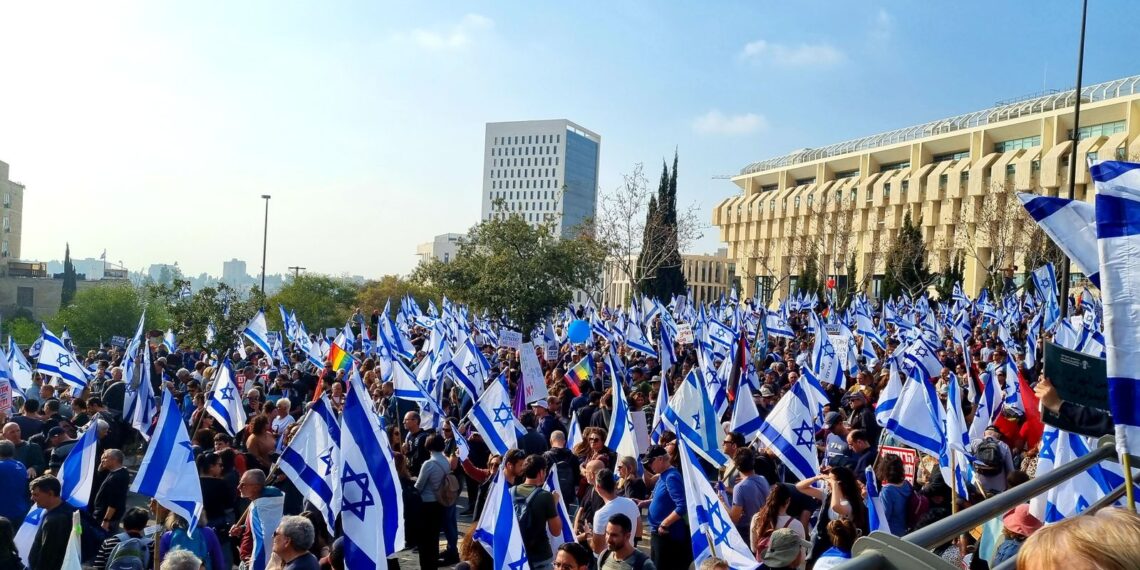Amidst heightened security measures, tens of thousands of Israeli nationalists marched through Jerusalem’s Muslim quarter in the walled Old City on Thursday, marking Jerusalem Day—a significant event commemorating Israel’s capture of the city during the 1967 Middle East war. The annual parade has become a powerful display of Jewish nationalist strength, but for Palestinians, it represents a deliberate provocation aimed at undermining their connections to Jerusalem.
Despite concerns that the march could escalate tensions, especially following recent cross-border clashes with Palestinian militants in Gaza, the event concluded without major security incidents. However, throughout the day, rowdy crowds of Jewish youth engaged in confrontations, chanted slogans such as “Death to Arabs,” and targeted journalists covering the event.
Prime Minister Benjamin Netanyahu, despite security concerns, insisted that the march proceed as planned and delivered a resolute statement at the mass gathering in front of the Western Wall. “Jerusalem will stay united forever,” he declared.
The march has long been a point of contention between Israelis and Palestinians, with the latter viewing it as a provocative assertion of Israeli dominance over Jerusalem, a city they consider a key part of their future state. The tensions and confrontations during the event reflect the deep-rooted divisions and ongoing struggle for control over the contested city.
Critics argue that the march exacerbates an already volatile situation and hampers efforts towards peace and stability. Palestinians fear that such events further entrench Israeli control and undermine their aspirations for sovereignty in East Jerusalem.
As the Israeli ‘Flag March’ concludes, the city remains on edge, with both Israelis and Palestinians grappling with heightened tensions and an uncertain future. The ongoing disputes over Jerusalem, considered holy by multiple religions, continue to pose significant challenges to peace efforts in the region.


